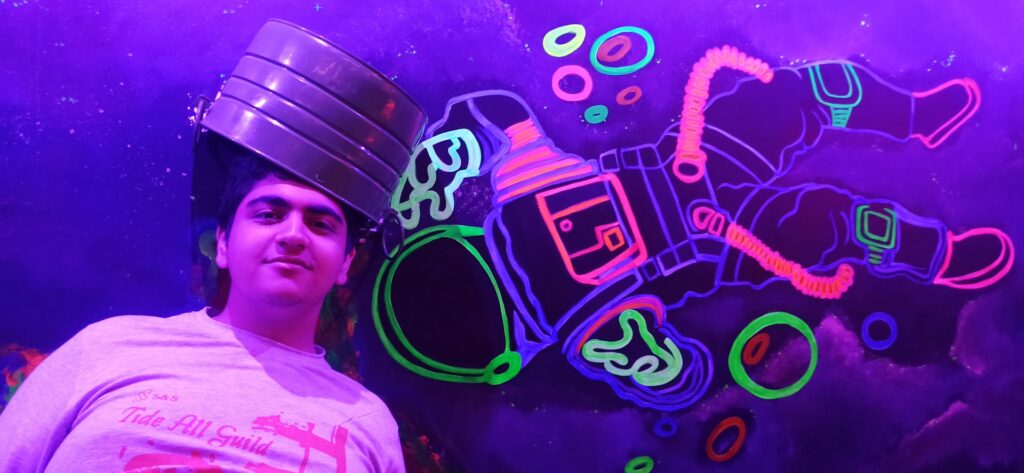Little adventurer, happy birthday
As you begin another year of your life, I remember how curious, flexible, and curious you have always been. As you navigate the wild jungle of adolescence, I want to share some insights that lie at the heart of the human experience—the four principles of human existence.
The first principle is the essence of being human – the freedom to choose our path. This freedom is both liberating and scary, but it makes us unique. It is your choice to immerse yourself in life experiences, learn from your mistakes, and shape your destiny.

My son, with freedom comes responsibility. Every decision and every action has its consequences. We are responsible for our words, actions, and ultimately our happiness. Remember that you have the power to change your life and the lives of others. Accept that responsibility with courage and honesty.
My dear, life is not a random series of events; The masterpiece is woven with meaning. We create meaning through our experiences, connections, and contributions to the world. By exploring your passion, values, and purpose, you will find the unique meaning that shapes your being.
My hero, the transience of life is a stark reminder of our precious time. Although this may sound scary, it also acts as a catalyst for living fully and authentically. Embrace the moment, cherish the relationships that matter, and pursue your dreams with unrelenting passion.
Parsa, these four principles are philosophical reflections and the foundation of human experience. Accept them and begin your journey to self-discovery, purpose, and meaningful relationships.
Happy birthday my wonderful child. Shine your light on the world and never forget that you are wonderful.
With great love,
Your father and existential guide
